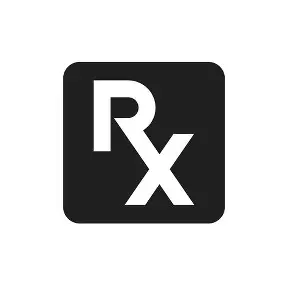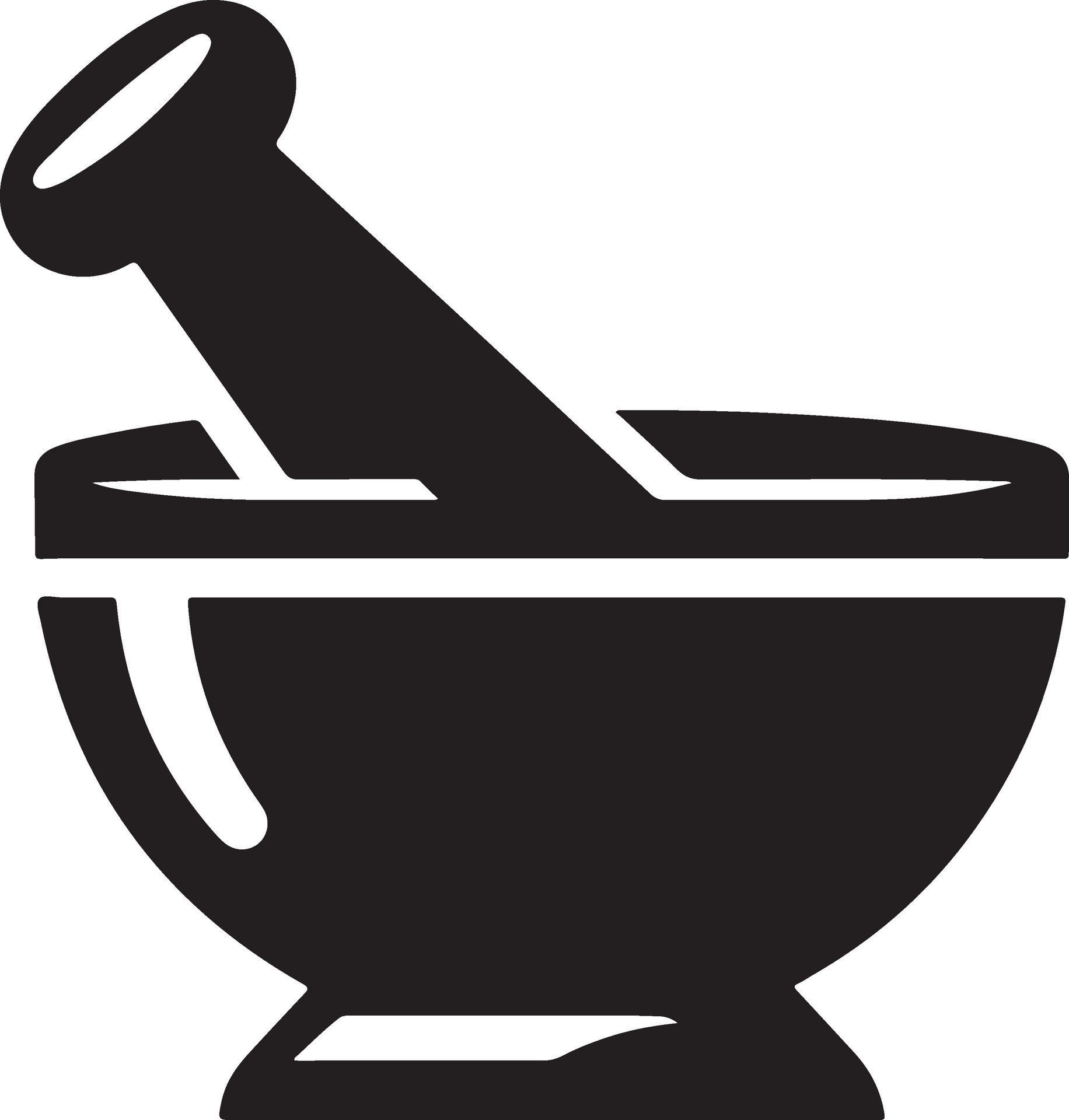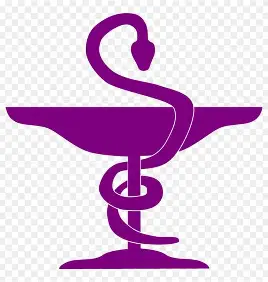Historical and Policy Perspectives Concepts
1/49
Earn XP
Description and Tags
Based on the powerpoints from Historical and Policy Perspectives
Name | Mastery | Learn | Test | Matching | Spaced | Call with Kai |
|---|
No analytics yet
Send a link to your students to track their progress
50 Terms
Churches
Pre-industrial America, who took care of people in hospitals?
Political opportunism
Congress, President choices affecting healthcare services refer to what term?
Postindustrial America
urbanization, worker’s compensation, and development of the 1st insurance company occured when?
BJC system
largest employer in STL at approx 30500
University of California
The 1st Pharm.D university is?
Take
The following image means what?

Communication
interprofessional and with patients. Electronic health records
Support
improve skills in hospice or home health care pharmacists
Education
both patients and other HC professionals, caregiver support
Medication safety
adherence monitoring, DI monitoring, medication reconciliation, patient follow-up, less frequent delivery schedules, infusion devices selection, error reduction
Operational
national shift to value-based care, integration and coordination with other health care systems
Tech advances
wearable devices, data analytics, remote monitoring, telemedicine, billing software
Cost considerations
reimbursement, cost of doing business
Staff shortages
Recruitment and retention
Regulatory
HIPAA, State and federal regulations, accreditation
CCRC
Covers all levels for seniors;
Disease went from acute-> chronic.
From 1900 to 2023, what has changed in mortality
Prevalence rate
Tell how wide the disease is
Incidence rate
describes how quick a disease spreads
Life expectancy
Statistical measure of the average time one is expected to live describes?
Morbidity
Incidence and prevalence of a specific disease state describes?
Mortality
Infant rate, Maternal rate, & Death rate/100,000 describes?
Morbidity
State of being diseased or unhealthy
Mortality
State of being dead describes?
Illness
People subjective XP of their symptoms describes what perspective?
Sickness
social & cultural conceptions plus disorders describes what perspective?
Disease
practitioner's perspective relating to underlying pathology;
Population Health definition
The study of the distribution and determinants of health and disease states within specific groups of people describes?
tertiary prevention
DSM, support groups, rehabilitation programs. Slowing the disease, prevent damage, pain, complications, etc.
Tertiary Prevention
Soften impact of an ongoing illness or injury with long-term effects describes?
Secondary Prevention
Disease screening ,regular exams (e.g mammograms), low-dose aspirin (heart attack and strokes) , work modifications, etc.
Secondary Prevention
Reduce impact of a disease/injury that has already occurred, but before it becomes symptomatic describes?
Primary Prevention
E.g. immunization, education on practices (diet, exercise, smoking), legislation (seatbelts, bicycle helmets, drug givebacks).
Primary Prevention
Prevent disease/injury before it occurs prevent exposure describes?
Public Health Goals
prevent disease & HP promotion w/specific interactions describes?
Public Health
protect safety & improve community health
Pestle and Mortar
The following image is?

Hygiene goddess
What is the Hygeia?
Bowl of Hygeia
The following image is what?

Ohio State University
The 1st 5 yr BS pharmacy is?
Howard University
The 1st Black University for pharmacy is?
University of Maryland
1st Public University for pharmacy education is?
Philadelphia College of Pharmacy
1st college of pharmacy is
Flexnor report
Describes science method as the new philosophy for pharmacy relates to what report?
Blue Shield
What was the first physician created?
Blue Cross
What was the first hospital created?
BJC system
In the corporate era, who group contains the largest employer in STL (~30.5K)
Churches
In Preindustrial America, who took care of people?
Political Opportunism
Which one of the following factors shaped the USA health care system through Congress, President's choices
Market-driven system
The US operates under what type of system